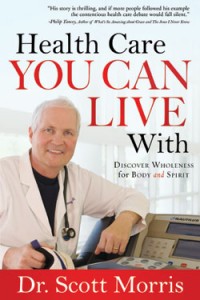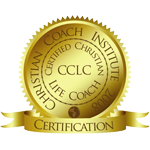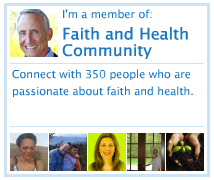 Here’s more insight and thoughts captured from my reading of Health Care You Can Live With by Dr. Scott Morris, founder of the Church Health Center in Memphis, Tennessee.
Here’s more insight and thoughts captured from my reading of Health Care You Can Live With by Dr. Scott Morris, founder of the Church Health Center in Memphis, Tennessee.
Excerpts From Chapter 2 – “It Doesn’t Have to Be This Way”:
“The Bible is clear: God’s people should care for the poor, the sick, and widows and orphans.”
“When they (Protestants) broke away from the established church for theological reasons, however, they also cut themselves loose from the system that cared for the sick.”
“People no longer saw the church as the place to go for care and healing when they were sick. Instead, doctors cared for the body, and it was the church’s job to look after the spirit.”
“Now, more and more, medicine was on one path and religious faith was on another. While scientists and theologians duked it out intellectually, ordinary people felt less and less conflict in simply accepting both paths as separate but true. The union of body and spirit cracked. The fissure split open a gorge and theologians and scientists could hardly see each other across the expanse. You probably recognize this division because it still rears its head when you get sick.”
“Does faith have any role in making you well, or is it all about science?”
“The understanding of physical health was separated from the health of the whole person. Most doctors today still approach healthcare from the perspective of fixing something broken in the body, rather than looking at the whole person.(my emphasis)”
“And most patients go to the doctor looking for a fix for the body without considering that what is happening in their spirits might have something to do with what hurts. (my emphasis)”
“In the course of 100 years hospitals shifted from providing health care for the poor to being profitable. Despite the advances of the 20th century, by 2000, the poor once again were left outside the health care system.”
“What happened to understanding the healing ministry of the church–from the healing miracles in the Bible to John Wesley’s electric shock machine to hospitals that did not require a magic card?”
“The question now is, does it have to be this way? Do we have to settle for this? My answer is no.”
“What does health mean to you? What is the spiritual element of your life that affects your wellness? What can you do to care for your own health and the a healing presence in the lives of people around you?”
My Comments:
As Morris mentions with detail in the book, over the years, the church has become disconnected in the care for the health of the people it serves. Consequently, people no longer receive the whole-person care that they really need to be well – to be whole. People do not hear the message that our spirits, minds and bodies are interrelated and therefore the care for them must be comprehensive and coordinated.
“Hark, the cry of my poor people from far and wide in the land….
For the hurt of my poor people I am hurt, I mourn,
and dismay has taken hold of me.
Is there no balm in Gilead?
Is there no physician there?
Why then has the health of my poor people
not been restored?” Jeremiah 8:19, 21-22
Questions To Reflect On:
Does your personal physician proactively address issues of your soul and spirit when he cares for your physical health?
Does your pastor teach on the inter-relatedness between the mind, body, and spirit?
Related Resources:
A page on this site – Spirituality and Health – How God designed Us.
Article – God Wants You Whole
Read all the posts about this book in the category of Health Care & Wholeness
Subscribe to the feed for just this category:








Dale,
As a nurse and a former paramedic, I do pay attention to both the physical and spiritual aspects (mind, body, spirit) when providing care to a patient. I have to be attentive to the Holy Spirit for discernment. I only pray with those the Holy Spirit leads me to, but always try to leave the impression that the opportunity is available.
Neither the physician nor pastors or clergy know how to approach the spiritual or medical aspects of his/her care because it is not taught in either of their professions. As Dr. Morris states in the book, the wedge that separated to two has allowed for adoption of the attitude that is it is “Not my job” or responsibility.